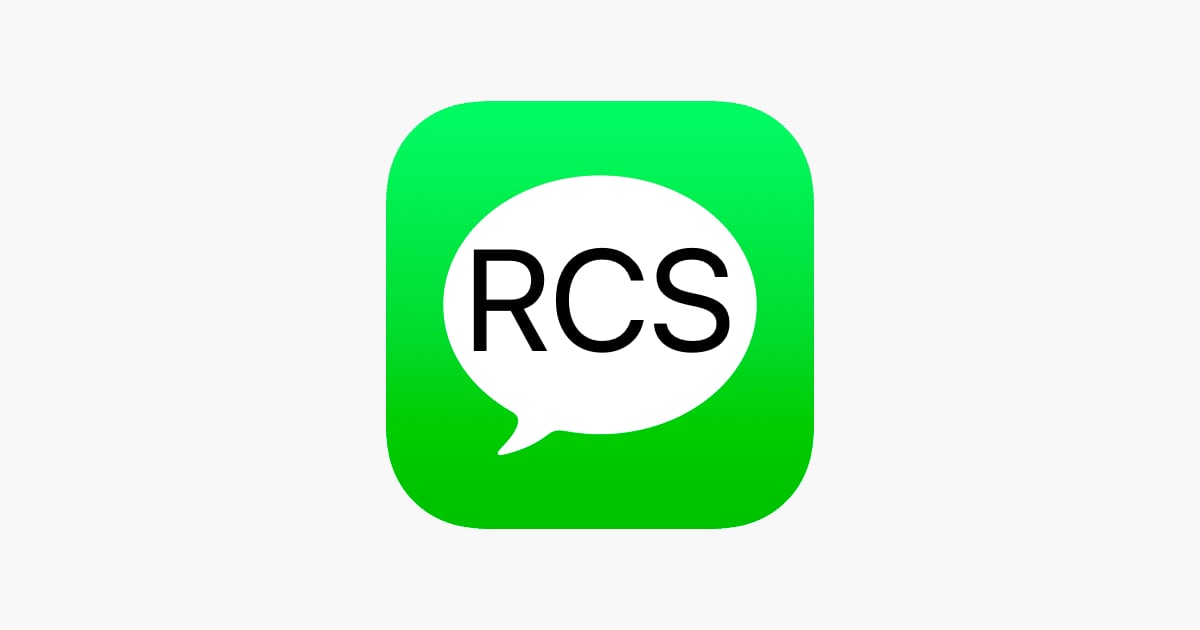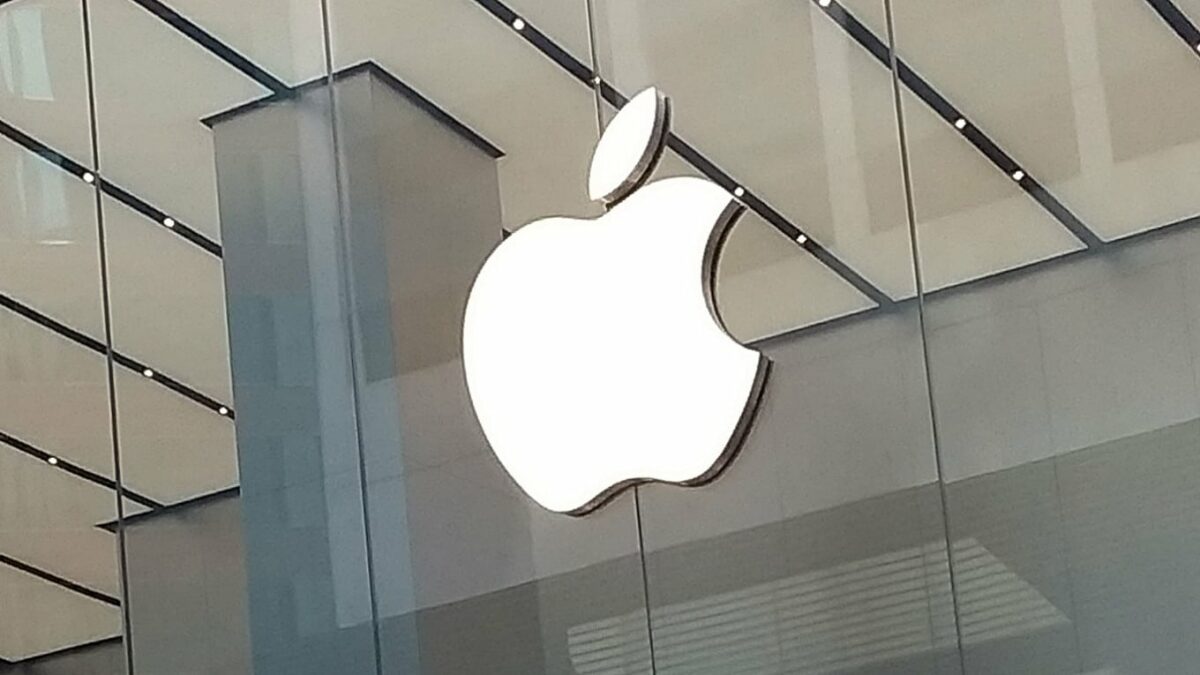Apple’s recent announcement to integrate Rich Communication Services (RCS) with iMessage sparked surprise within the tech community. Initial speculation centered on the influence of European Union regulations, but new reports suggest a different driving force: the dynamics of the Chinese market.

Examining the implications of Apple’s China-driven RCS move
In November, Apple caught the industry off guard with its revelation that RCS support would be coming to iPhones in 2024. This departure from its traditional stance sparked debates and inquiries about the underlying motivations behind this strategic shift.
Contrary to popular belief, it appears that the European Union’s Digital Markets Act (DMA) may not have been the primary force behind Apple’s RCS decision. Industry experts, including John Gruber of Daring Fireball, suggest a different cause: China.
But then why did Apple do a 180° turn on RCS? I can’t say for certain, alas, but after spending the last few months periodically poking around the trees inhabited by little birdies, I do have good news for fans of coercive government regulation. Apple’s hand was effectively forced. But by China, not the EU.
Chinese carriers have been proponents of RCS for years, and last year, the Chinese government began the process of codifying into law that to achieve certification, new 5G devices will be required to support RCS. (Here’s a good English translation on Reddit of the parts relevant to Apple.) Shockingly, the Chinese government seemingly isn’t concerned that the RCS standard has no provisions for encryption. The little birdies I’ve spoken to all said the same thing: iOS support for RCS is all about China.

China’s proactive stance on RCS adoption and its recent move to mandate RCS support for 5G device certification have reshaped Apple’s strategy. Despite concerns surrounding encryption and privacy, China’s regulatory directives have compelled Apple to align with RCS requirements to maintain its foothold in one of its most lucrative markets.
Apple would prefer simply to continue ignoring RCS, on the grounds that they want to support neither any new non-E2EE protocols, nor any new carrier-controlled protocols (whether encrypted or not). But when the CCP says device makers must jump to sell their products in China, Apple asks “How high?”
Apple’s pivot towards RCS reflects its strategic imperative to navigate the intricate web of regulatory landscapes in key markets like China. By embracing RCS, Apple not only addresses the evolving communication needs of Chinese consumers but also solidifies its position in the global tech ecosystem.